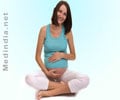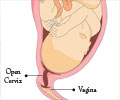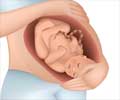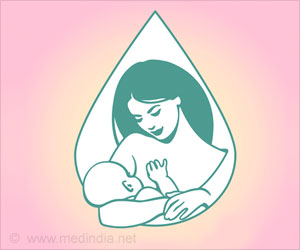Human uterus seems to be highly selective when it comes to accepting embryos, for a new study has shown that women with less 'fussy' uteruses may be at higher risk of miscarriage.
Human uterus seems to be highly selective when it comes to accepting embryos, for a new study has shown that women with less 'fussy' uteruses may be at higher risk of miscarriage.
For years, faulty embryos or problems such as abnormal clotting or immune responses have been blamed for miscarriages.Jan Brosens at Imperial College London wanted to know if another process was involved.
He had noted that many women who had repeated miscarriages claimed to have conceived incredibly quickly.
"Each one of their pregnancies was conceived within one or two months of trying," New Scientist quoted Brosens as saying.
Also, some studies have hinted that embryos implanting outside the normal window of uterine receptivity were more likely to miscarry.
For further investigation, Brosens and his colleagues took cells from the uteruses of women who had undergone miscarriages and ones who hadn't.
Advertisement
Decidualisation involves a thickening of the uterine wall and the growth of new blood vessels.
These women also produced far less prolactin, a sign that their cells don't decidualise properly.
Further studies indicated that this impaired decidualisation interfered with the signalling between the embryo and the uterus at the time of implantation.
The researchers concluded that these uteruses are less picky, allowing abnormal embryos to implant, which later spontaneously abort.
The study has been published in the journal PLoS One.
Source-ANI
SRM















